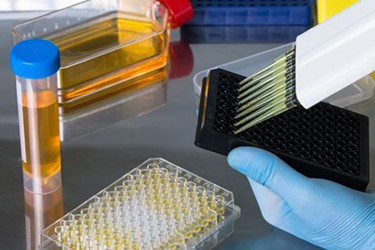Controlling Preanalytical Variability In Biospecimen Collections
By Abdul Ally, Area Director of Laboratory and Operations Science at Fisher Clinical Services

Large, well-designed population studies and the interrelationships they reveal are the backbone of public health and serve as a foundation for medical research. The health and lifestyle information of participants, collected via questionnaire and linked to their biospecimen samples, allow investigators to examine the intricate relationships between genetics, physiology, behavior, environment, and disease.
However, in order to have confidence in both laboratory assay results and their associations with other data, the biospecimens must be correctly collected, processed, shipped, and stored. If these Introduction samples were subjected to conditions that compromised their molecular integrity—inappropriate temperatures, contaminated containers, and others—then the results of the study may also be questionable. This is an issue that must be thoroughly addressed in public health research—the possibility that the handling of specimens before laboratory testing (i.e., preanalytical variability) has skewed results.
For this reason, controlling preanalytical variability requires the same attention to detail as the design of questionnaires. This eBook is an introduction to some of the variables that must be considered when collecting biospecimens as part of a cohort study.
Get unlimited access to:
Enter your credentials below to log in. Not yet a member of Clinical Supply Leader? Subscribe today.
